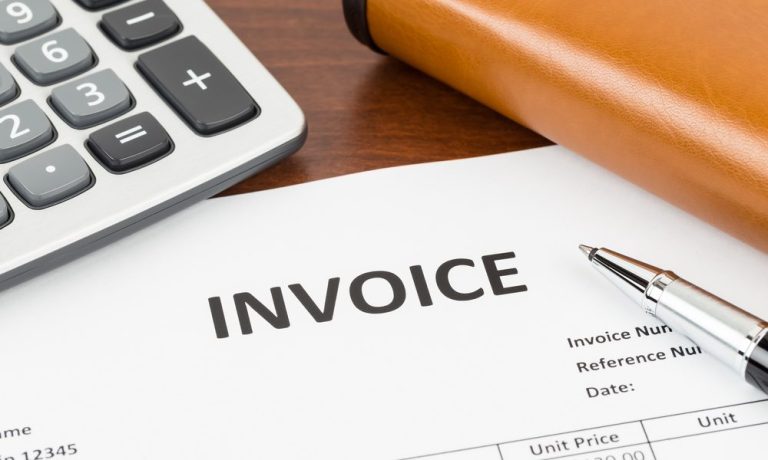Nissan’s Ghosn Gone Amid Improper Payments Scandal

Nissan has voted to oust Chairman Carlos Ghosn from his position in the wake of alleged fraud. Beyond those headlines, Australia urgently warns of BEC scams. In Venezuela, a former government official is headed to jail after reportedly taking as much as $1 billion in bribes.
In recent headlines surrounding payments fraud and improper use of company funds, perhaps none loomed larger than the news that Nissan Motor Corporation’s board voted unanimously to force Chairman Carlos Ghosn from his position. Ghosn has been at the center of a scandal, as reported by The Wall Street Journal (WSJ), where he used company funds to buy personal residences and “enrich his sister.”
According to the publication, Nissan found that the former chairman had used as much as $18 million through a company subsidiary to buy and renovate homes. The homes spanned a condo in Rio de Janeiro and a house in Beirut. That same subsidiary was used to funnel payments to his older sister, said WSJ, for “consulting work” that was allegedly tied to those renovations.
As has been widely reported, Ghosn was arrested in Japan earlier this month for conspiring to underreport his compensation via company filings by as much as $44 million. Ghosn’s family “believed that his residences in Rio de Janeiro, Beirut and other locations were corporate housing,” WSJ reported, and that they were approved by corporate channels that would have been appropriate.
BEC Scams In Australia
Separately, in Australia, Scamwatch has been warning firms in the country to take “an urgent look” at the way they handle invoices, as described by IT Brief. Those warnings come as invoice fraud is on an upswing, up by about one-third through the past year. The fraud is perhaps more commonly known as business email compromise (BEC).
The site quoted Australian Competition & Consumer Commission (ACCC) Deputy Chair Delia Rickard, who stated, “It’s a scam that targets all kinds of businesses, including charities and local sporting clubs. There is a misconception [that] these scams target just small business. However, the largest amount of reports and losses came from medium-sized businesses, including one that lost more than $300,000.”
BEC commonly involves fraudsters masquerading as suppliers (through hacked emails) and sending requests for would-be victims to send money to bank accounts, where the details have changed. According to the publication, “BEC scams cause significant financial harm and account for 63 percent of all losses to Scamwatch,” averaging as much as $30,000.
UK Fraud And Beyond
In the United Kingdom, in an individual example of fraud, the former finance chief has been accused of defrauding a “leading bus company,” as termed by Harrogate Advertiser, of as much as £90,000 ($115,045 USD). The accused, Mark Suter, falsified invoices and checks while serving as financial controller of Transdev Blazefield, the parent of the Harrogate Bus Company. The scam lasted for five years, between 2012 and 2017. He allegedly used the funds to deposit money into his own pension account and buy gardening equipment.
Beyond Europe, Reuters reported that Venezuela’s former national treasurer, who received as much as $1 billion in bribes tied to illegal foreign currency operations, has been given a 10-year prison sentence in the U.S. According to the report, Alejandro Andrade must report to prison by the end of February. The former official had pleaded guilty to a single count of conspiring to commit money laundering, and took bribes from brokerage firms to sell dollar-denominated bonds for the government, said the newswire. He kept some of the proceeds and bought half a dozen homes in Florida, in addition to luxury goods.
Trade Invoicing Fraud
In South Africa, Global Financial Integrity released a report that showed South Africa lost $37 billion from 2010 to 2014, tied to “misinvoicing” of trade financing, an illicit practice that can come in import and export activities. The practice of over-invoicing means money that crosses borders and rebates are falsely claimed. Under-invoicing means customs duties and taxes are avoided. For example, in terms of imports, under-invoicing came in at $16 billion, and over-invoicing at as much as $9.8 billion, as reported by the Daily Maverick.